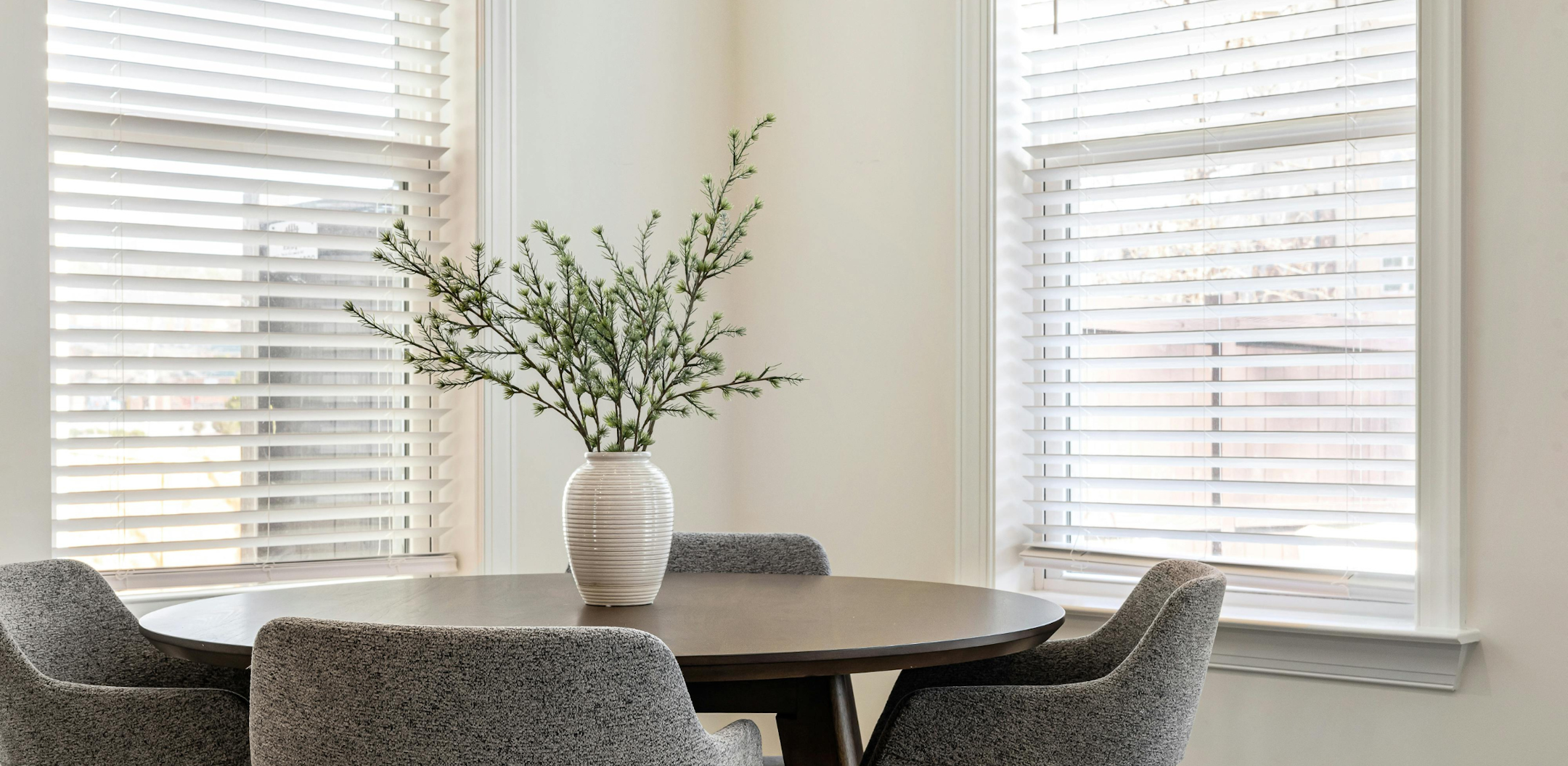In recent years, Australia has seen significant changes to tenancy legislation, aimed at creating a more balanced rental landscape. One key area of reform concerns property modifications. As a rental provider or renter, it is important to understand these changes and their implications.
Property ManagementUnderstanding Rental Property Modifications
Next ArticleUnderstanding Rental Property Modifications

A Guide for Owners and Renters
22 October 2024
The Shift in Legislation
Across most states and territories, new laws now allow renters to make minor modifications to their rental homes. While the definition of 'minor' varies by jurisdiction, it typically includes:
- Installing child safety devices
- Hanging picture hooks
- Setting up security cameras
- Painting
- Planting gardens
These changes aim to make rental properties feel more like home for renters, while still protecting the interests of rental providers.
Navigating Permissions
In many cases, renters must still seek permission for modifications. However, rental providers are now often required to have reasonable grounds for refusal. Some jurisdictions even allow certain modifications without prior consent.
For rental providers, it's essential to familiarise yourself with local regulations to understand your rights and obligations. For renters, always check the specific rules in your area before making any changes.
When Does a Modification Become Damage?
This is a crucial question for both parties. Generally, modifications made within the legal framework and with proper permission are not considered damage. However, unauthorised changes or those not properly reversed at the end of a tenancy may fall into this category.
For example, if a renter paints walls without permission or fails to restore them to their original condition as agreed, this could be classified as damage.
Insurance Considerations
Rental providers should review their insurance policies carefully. Coverage for renter-related damage varies between insurers and policies. Some may cover accidental, malicious, or deliberate damage, while others may have limitations.
It is worth noting that if a rental provider approves a modification and does not require its reversal, any resulting changes would not typically be claimable as damage.
Tips for Rental Providers
1. Stay informed about your local tenancy laws.
2. Clearly communicate your expectations regarding modifications.
3. Consider allowing reasonable modifications to attract and retain quality renters.
4. Review your insurance policy to understand your coverage.
Tips for Renters
1. Always seek permission for modifications when required.
2. Document any changes you make, including before and after photos.
3. Understand your responsibilities for reversing modifications at the end of your tenancy.
4. Consider discussing long-term or more significant changes with your rental provider.
The Benefits of Open Communication
Open and honest communication is key for both parties. Renters who feel at home are more likely to take care of the property and stay longer. Rental providers who are flexible and understanding often find they have happier, more reliable tenants.
Understanding these new regulations and working together can create a positive rental experience for all involved. Remember, a rental property is both an investment and a home – finding the right balance benefits everyone.
For any further queries about rental property modifications or general property management advice, please don't hesitate to contact our experienced property management team. We are here to help navigate these changes and ensure a smooth tenancy for both rental providers and renters.



